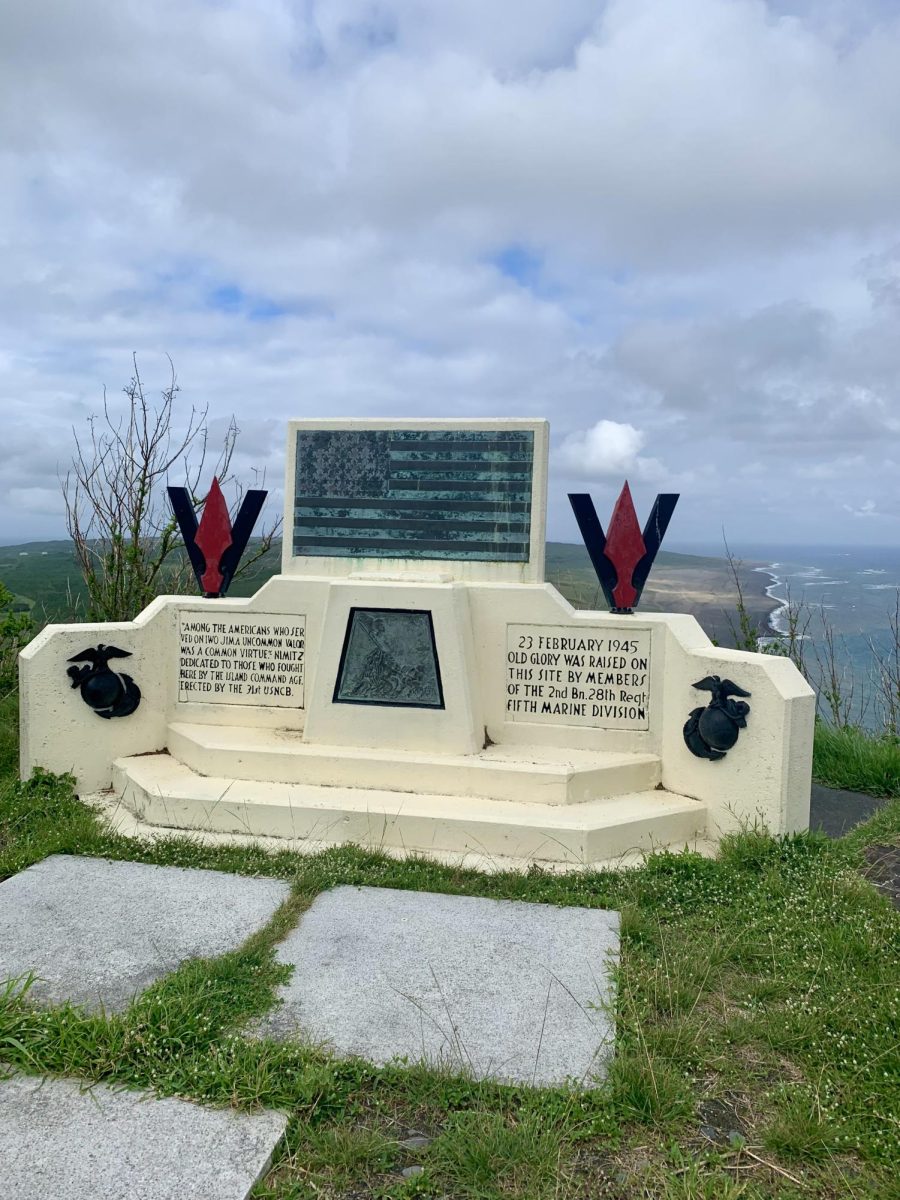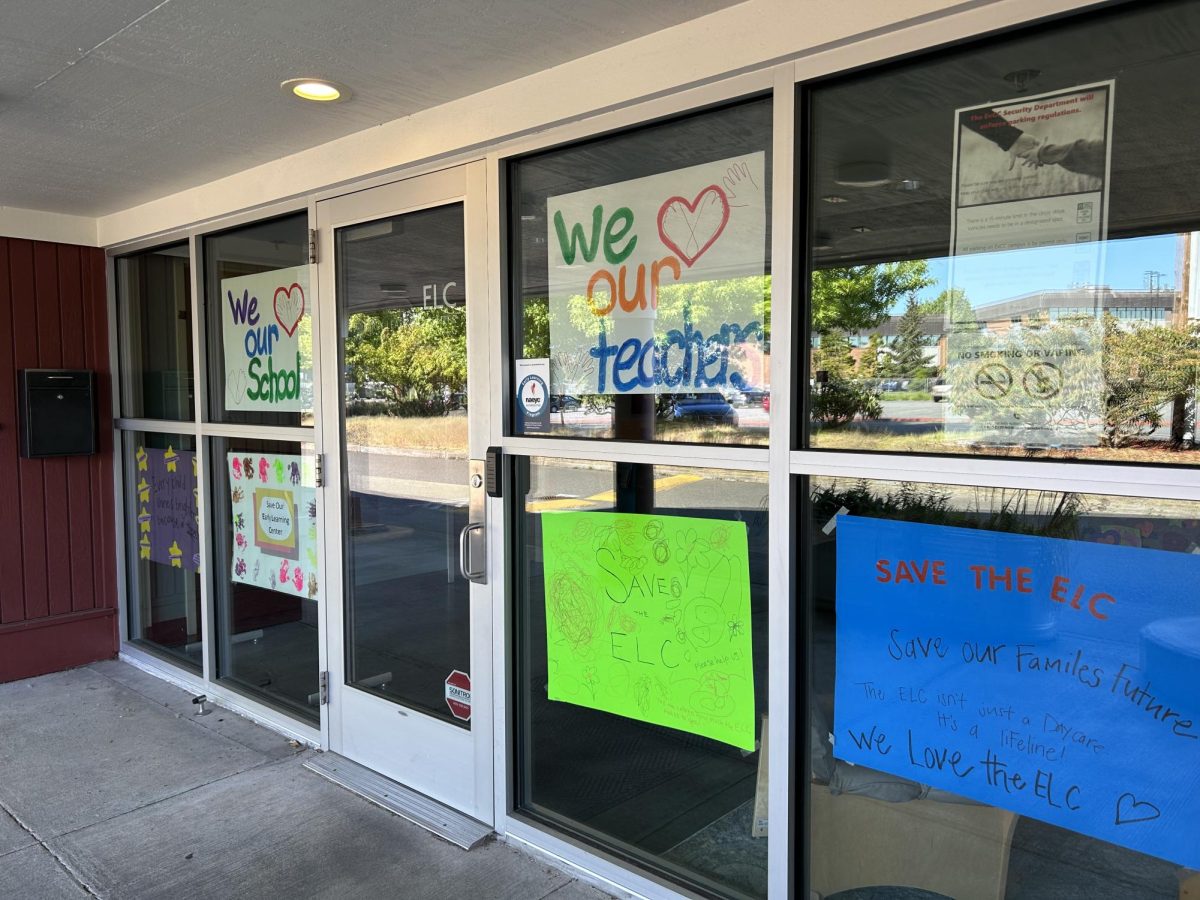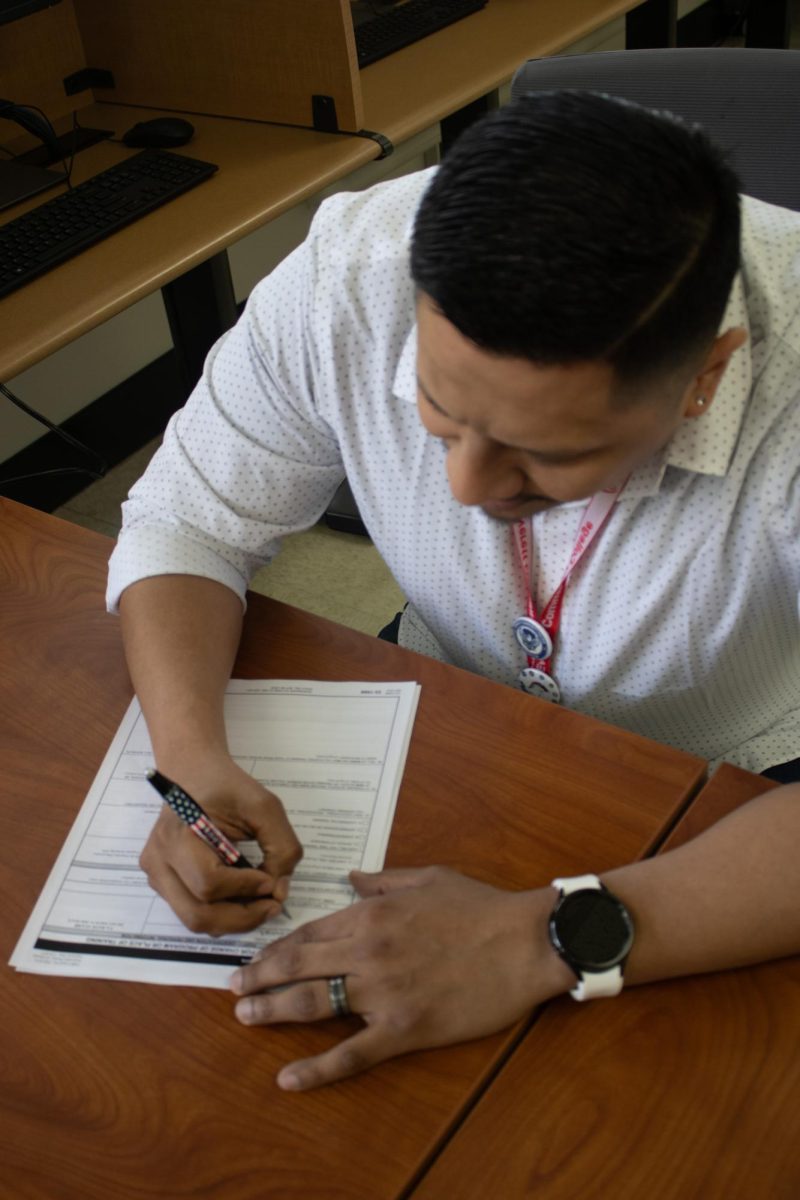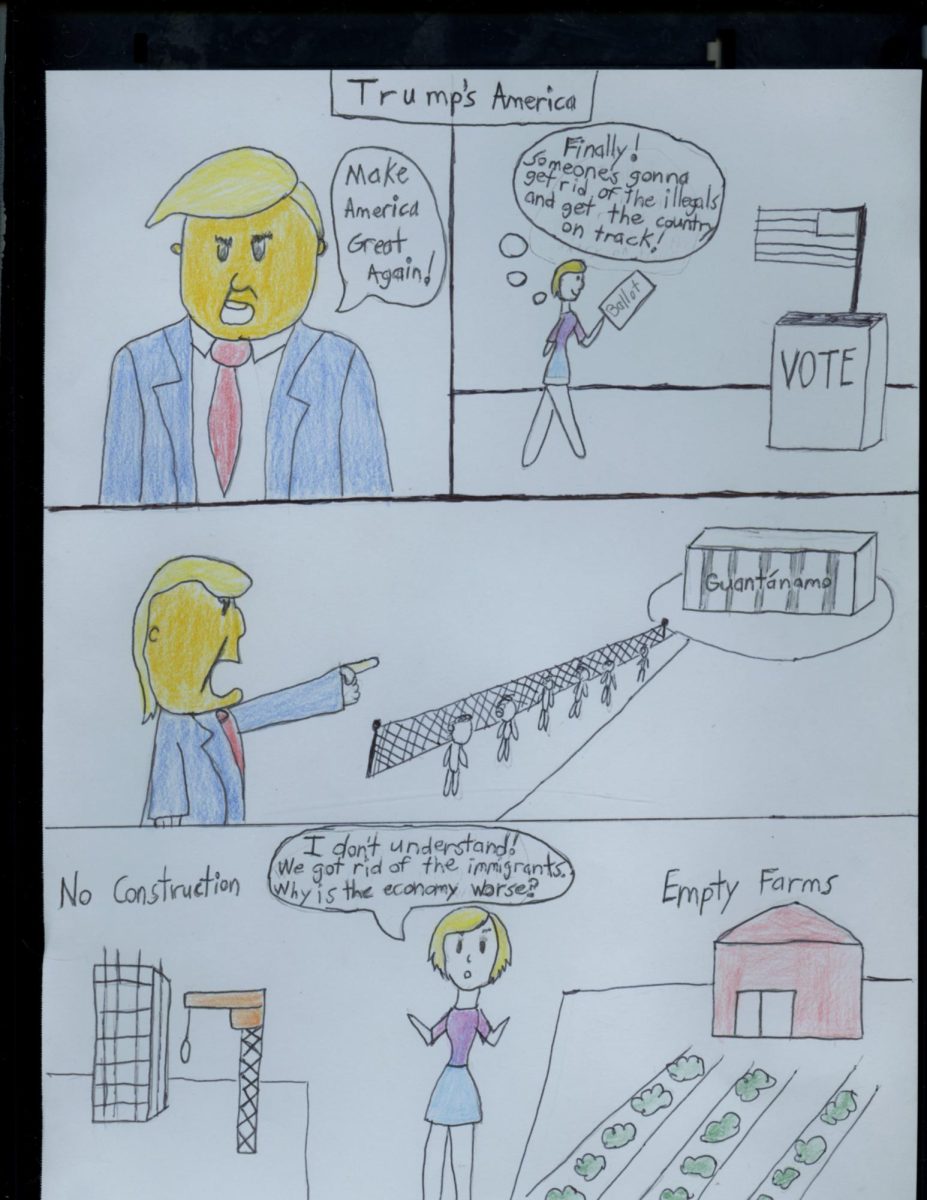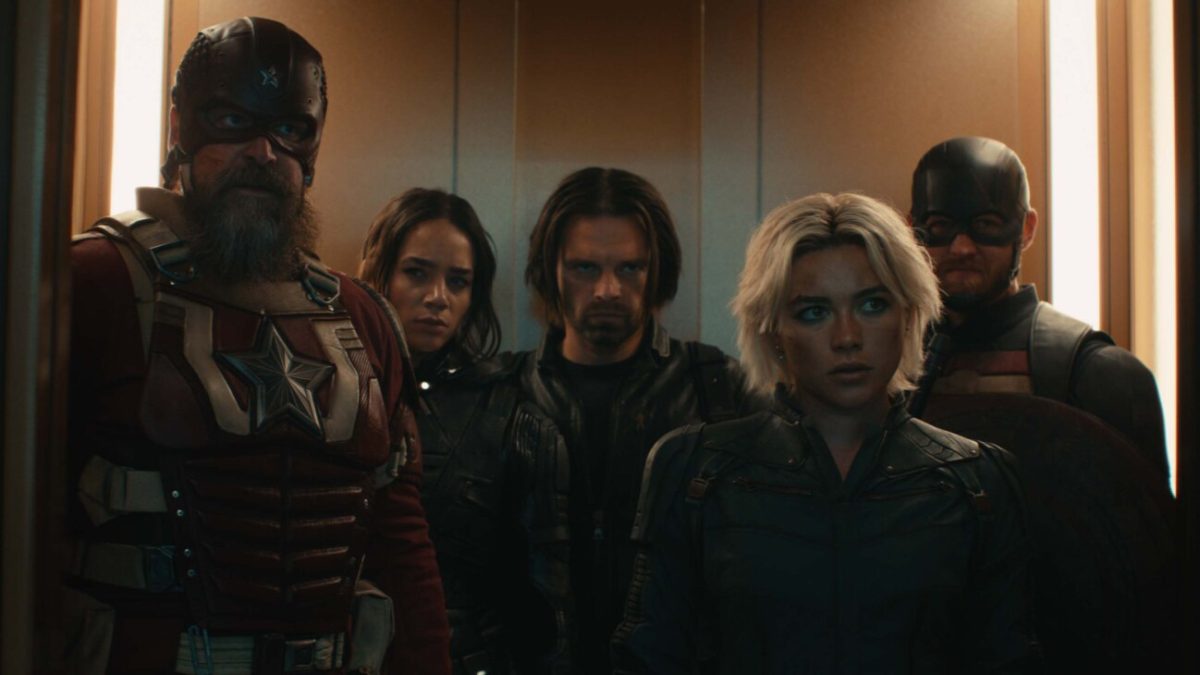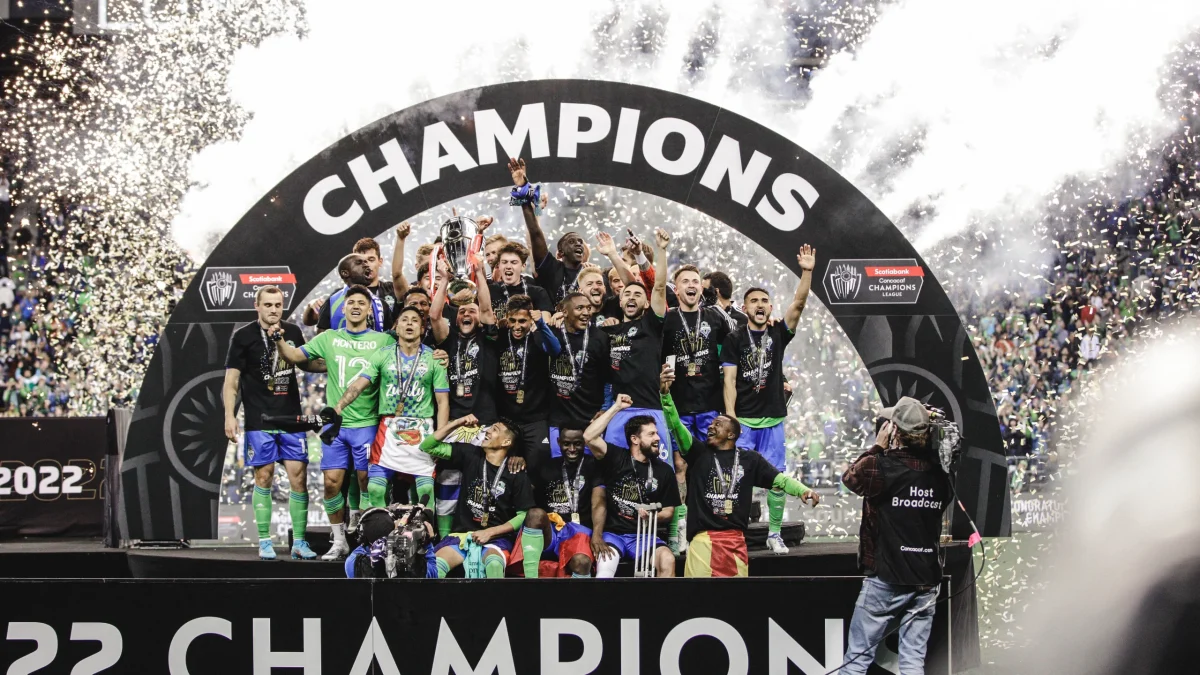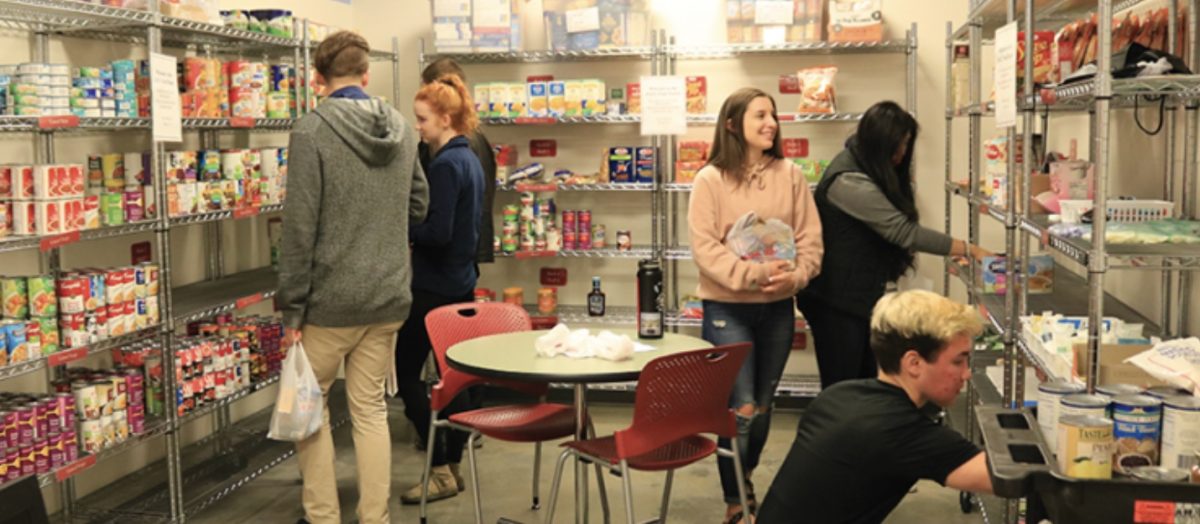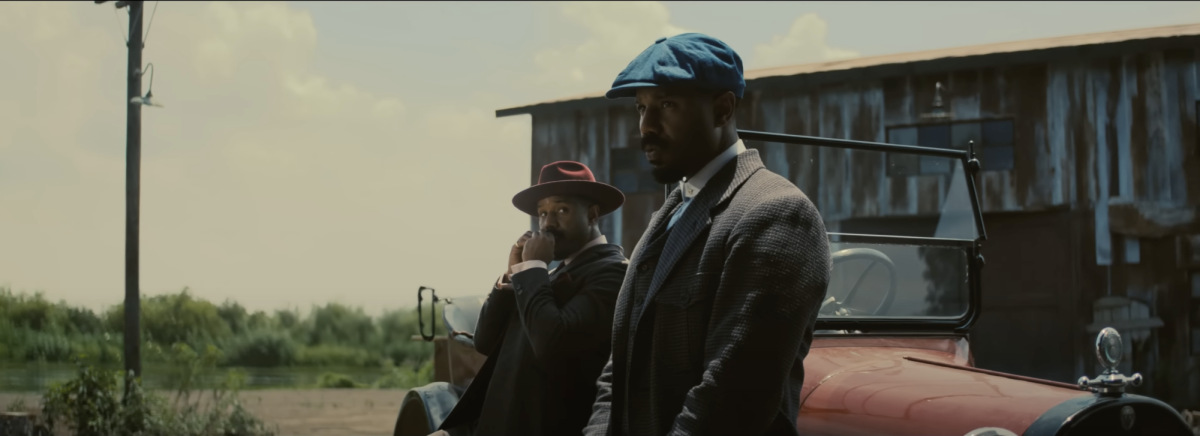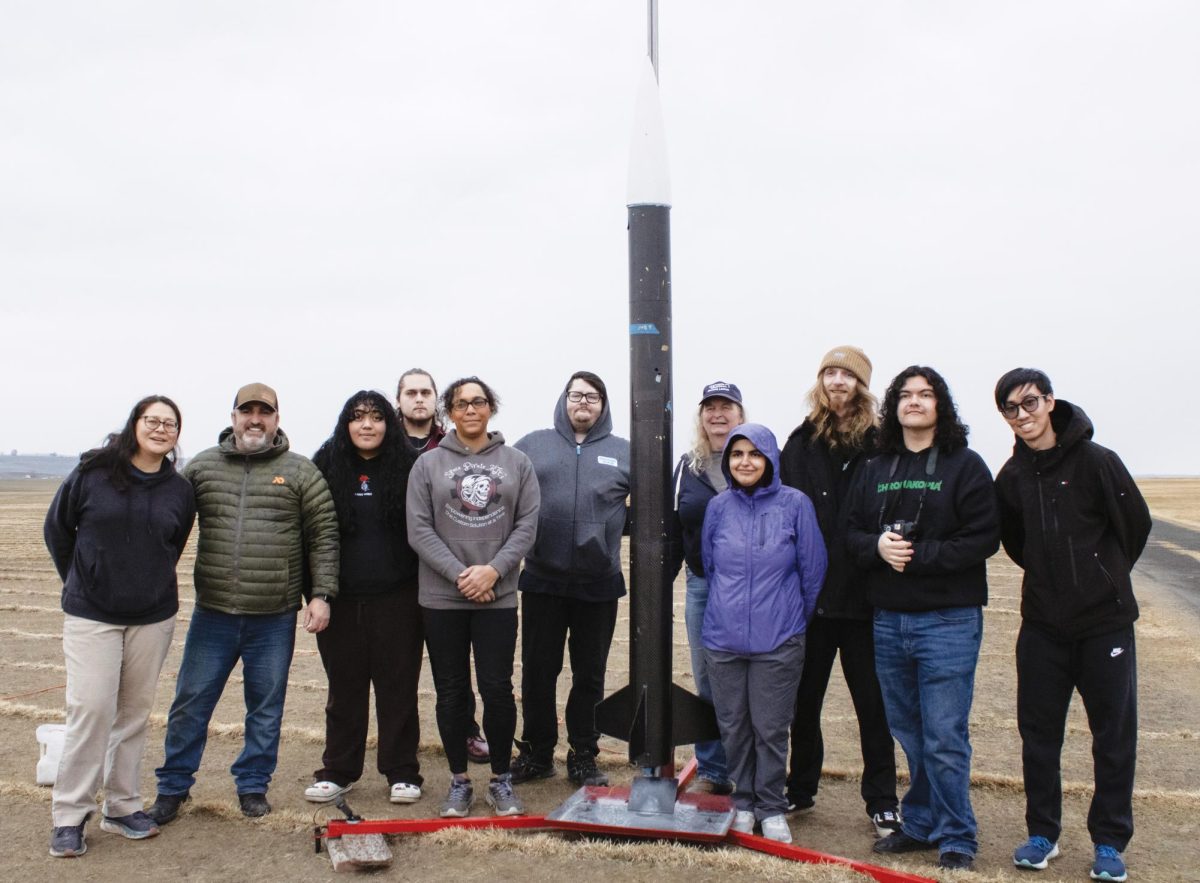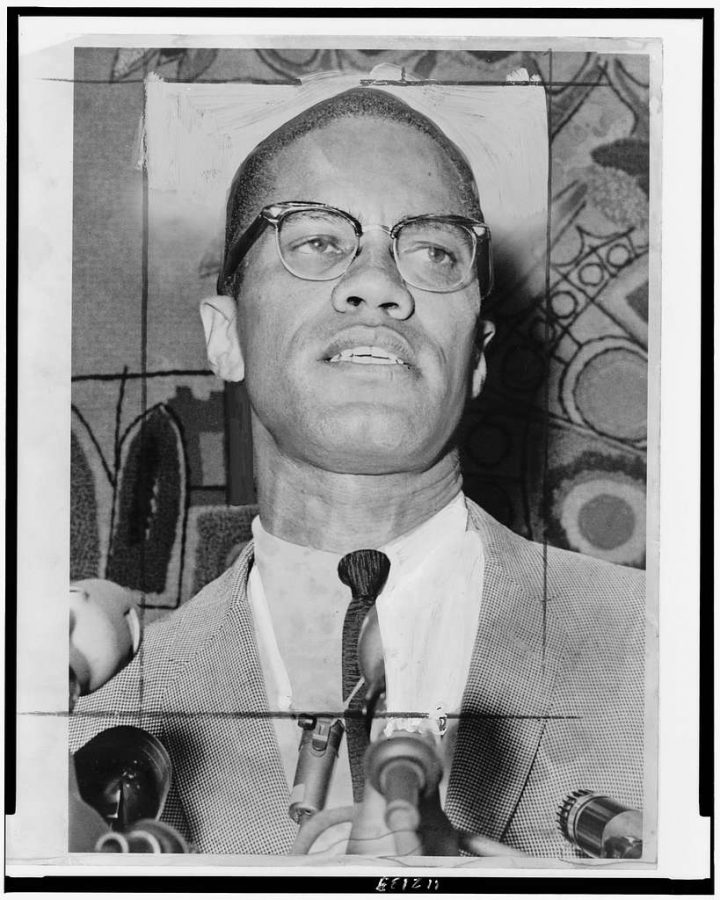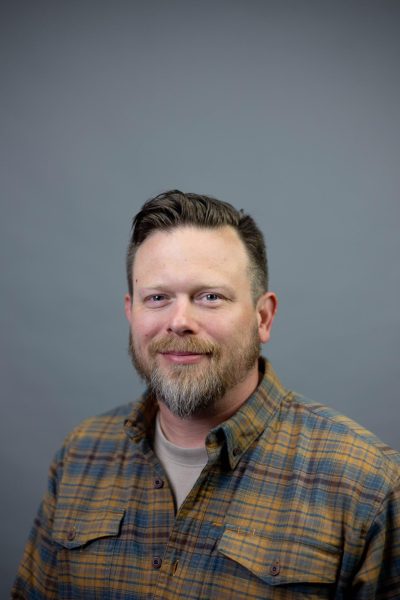Many students at Everett Community College may not feel a personal connection to Memorial Day. But for Gold Star widow Michelle Black, the day holds a deeper meaning.
“For us, Memorial Day is not a celebration. It’s not a day at the lake. It’s a day to survive,” Black said. “I’ve had people ask, ‘What are you doing for the long weekend?’ And I think, ‘I’m just trying to make it through the day without breaking down in front of my kids.’”
“People don’t realize that they may be sitting next to a classmate who lost their dad or brother in war. It’s a heavy day, and it affects a much larger population than most Americans realize.”
Memorial Day originated as Decoration Day, first officially recognized in 1868 by John A. Logan, commander-in-chief of the Grand Army of the Republic. It was a time to place flowers on the graves of those who died in the Civil War.
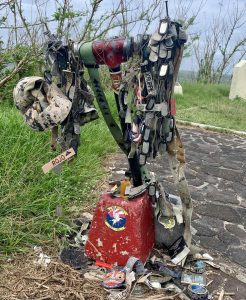
President Dwight D. Eisenhower issued a proclamation in 1955 calling on Americans to observe Memorial Day as a day of prayer for permanent peace. That same year, the name “Memorial Day” was formally adopted. The date was later moved to the last Monday in May by the Uniform Monday Holiday Act of 1968, creating a three-day weekend for federal employees.
The term Gold Star Family refers to the loved ones of a service member who died in the line of duty. During World Wars I and II, families displayed service flags with blue stars for each loved one serving. If a family member was killed, the blue star was replaced with a gold one.
“During the Global War on Terror, we lost about 7,000 service members in combat. Multiply that by 100 — those are millions of Americans who live with that loss,” Black said. “And that doesn’t even include those lost to suicide or illness afterward.”
Gold Star mother Monica McNeal, whose son, Lance Cpl. Eric Ward, was killed in Afghanistan, shared how she marks the day.
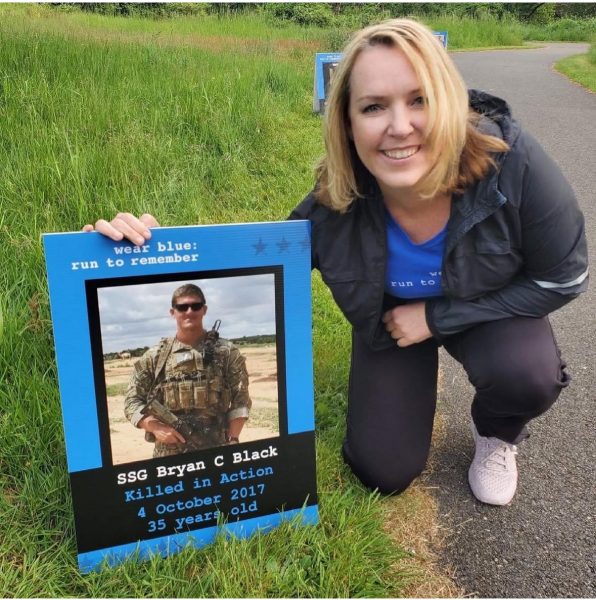
Photo courtesy of Michelle Black. (UNK)
“Eric would probably say, ‘Mom, go have a hot dog and enjoy a baseball game.’ But it’s a hard day,” she said. “Some years, I attend formal memorials or local ceremonies.”
McNeal holds tightly to one tradition: the National Moment of Remembrance, established by Congress in 2000. It takes place at 3 p.m. local time across the country.
“I always stop what I’m doing, wherever I am, and take that moment to remember,” she said. “If you’re at a barbecue, ring a bell or just pause for a second. It’s powerful.”
EvCC students across the campus shared their perspective on Memorial Day.
Luke Davis: “I recognize the day when it comes, but I don’t do anything formal to mark it. I think it’s about remembering the events and the people who died during them.”
Nevaeh McGlothlin: “It’s about memory and honoring those who passed — especially those who served. I live near a cemetery, so I notice when people leave flowers. That’s really the only way I ‘observe’ it now.”
Sophonias Abiye: “I don’t have much of a connection with the military, so it’s not something I feel closely tied to. But I see it as a time for others — those who do have those connections—to honor and remember.”
Reda Long: “For me, it’s just about celebrating those people who died for our country. We always do, like, a barbecue and stuff on that day, and, you know, celebrate our loved ones.”
Fiona Marsh: “Just recognizing everyone who lost their lives fighting for us. My dad’s a history teacher, so we used to watch documentaries.”

Rudy Vasquez: “Memorial Day for me is a time to recognize the wonderful people who have protected our country,” Vasquez adds, “Usually observe it with family. I have family in Puerto Rico, and usually they come around that time.”
EvCC staff expressed their thoughts regarding the National Holiday.
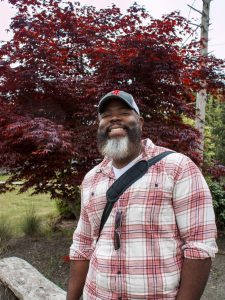
Corey Kline: “I just see it as a long weekend. Same with the Fourth of July. Honestly, I don’t really observe any of them.”
Samantha Tanis : “Memorial Day is a good holiday. It represents all the tears and sacrifice — the hard work that our military has put into our country. It’s about honoring those who are no longer with us.”
Black remembers her husband, Green Beret Staff Sgt. Bryan Black, through stories that bring both joy and grief.
“Bryan was brilliant — he could learn anything. Our son Isaac had been learning guitar, and he wanted to play ‘Happy Birthday’ for his grandma,” she said.
“So Bryan picked up a second guitar, figured out a few chords on the spot, and they recorded this terrible — but adorable — birthday song together. I still have the recording. It’s really special, even if they were totally off-key.”
“Eric was visiting friends and noticed their family could use new furniture. He came home and asked, ‘Mom, do we need new furniture? Because I know someone who really needs our old stuff,’” she said. “We did, and he donated ours to that family.” She shared in a proud motherly way.
“That was Eric — always giving and paying attention to people’s needs … As a mom, I always hoped to raise a good citizen. I believe Eric achieved that.”
Sharing the stories of fallen heroes — those who served our country and paid the ultimate price — is how many Gold Star, military and veteran families choose to honor their loved ones. Memorial Day is not just about remembering a name, but about recognizing the full weight of that sacrifice.
“Google a fallen service member’s name. Learn about them,” McNeal urged. “Go to a local cemetery — most will have flags by the headstones. Say a name out loud. And remember — it’s not just the service member who’s affected. The entire family carries the loss.”
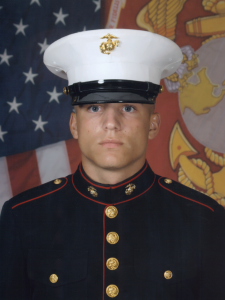
As a veteran, I believe it’s possible to honor the fallen and still enjoy the long holiday weekend. A barbecue, a ballgame, time with family — those are blessings worth embracing. That freedom came at a cost.
Just don’t forget to honor them while you’re at it.
Don’t know anyone personally? You do now. We shared the stories of Bryan and Eric. Take a moment for them.
Remembering them is what makes this weekend matter.

